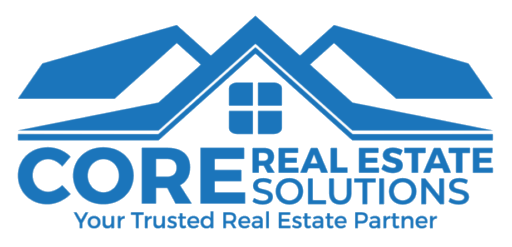Real estate transactions are governed by a variety of laws and regulations that require sellers to disclose certain information about the property they are selling. These disclosures are intended to protect buyers by ensuring they have all the relevant information about the property before making a purchase. As a seller, it’s important to be open and honest about any known issues with the property, such as structural defects, environmental hazards, or past repairs. Failure to disclose required information can lead to legal consequences and may even result in the sale being voided. By being transparent and forthcoming with information, sellers can help ensure a smooth and successful real estate transaction. In our latest post, we will cover in detail what you need to disclose by law, providing you with the knowledge you need to navigate the disclosure process with confidence.
Being an open and honest seller is not just about legalities; it’s a testament to your integrity and builds trust with potential buyers. By disclosing defects and potential repairs, you’re not only fulfilling your legal obligations but also showing that you’re a responsible and transparent individual. Failure to disclose these issues could lead to serious consequences, including legal action and damage to your reputation. It’s always best to be upfront about any problems with the property, as it can save you from future headaches and maintain your standing as a fair and honest seller in the real estate market.
Most real estate lawsuits occur because of non-disclosure.
So exactly how much are you required to disclose legally? Basically, anything that can affect the value of the property. Here are just a few of the things you should address:
- Issues with the land, such as drainage, bad soil, and potential for flooding. Bad soil can limit building and low-lying areas can be prone to flooding and water damage.
- Foundation level and known cracks must be disclosed. If the house settles more than it already has, it could experience structural damage.
- Plumbing problems, sewer issues, and leaky pipes all need to be brought to the forefront. Some of the most expensive home repairs stem from water damage.
- Any problems or irregularities with the heating and cooling systems should be addressed.
- If you have a problem with cockroaches, rats, ants, termites or moles, you will need to inform your potential buyer.
- Have a leaky roof or missing shingles? Tell your buyer before they find out during a rainstorm.
- Lead paint is a no-brainer. This disclosure is one of the most common you will see with home sales and rentals.
- Are there issues that will affect the title? Or rightful ownership? This needs to be spelled out up front, not during the closing process.
- You should also have documentation for repairs and insurance claims you’ve made in the past. You should be able to describe what was done and the materials used.
In certain states, particularly those prone to natural disasters like floods or earthquakes, there’s a significant emphasis on disclosing hazard zones and other environmental risks that could impact the land or property. Additionally, some regions require disclosure of any violent crimes that have occurred within the premises, shedding light on the home’s history. While these requirements may not be universal, adhering to such practices is prudent. Consider the perspective of a potential buyer: transparency about potential hazards and past incidents not only demonstrates integrity but also fosters trust and confidence in the buying process. Buyers value openness and full disclosure, as it enables them to make informed decisions about the property they’re considering for purchase.
Disclosures help a buyer learn as much as possible about a house before making their purchase.
You are selling a great home right? When you keep something to yourself, a minor, needed repair can snowball in much bigger problems. Many properties have something pop up during the inspection that the seller wasn’t prepared for. Imagine, your asking price slashed because of a defect you were unaware of. Your house is a multi-faceted machine. Many sellers choose to have their home inspected prior to a sale. This allows them to make the necessary repairs ahead of time, lessening potential buyer’s bargaining ability. An inspection will also show good-faith in selling. You are telling the world you want your home to be in the greatest possible condition before it is sold.
Disclosure regulations indeed differ from state to state. Your agent, attorney, or broker can provide you with a checklist outlining the specific requirements for your state. It’s essential to review this list thoroughly and add detailed notes wherever necessary, including dates of upgrades and repairs. Completing the disclosure form with honesty and completeness is paramount. If you have any queries, it’s advisable to seek advice from a lawyer rather than solely relying on your agent. Agents may be cautious about answering certain legal questions outside their expertise to minimize liability.
Remember, YOU CAN GET SUED for being dishonest.
And if you are found liable, you will need to pay for repairs, legal expenses, punitive damages and in some cases, the sale can be rescinded. Make sure you are working with a trusted professional to help guide you through real estate disclosures.
